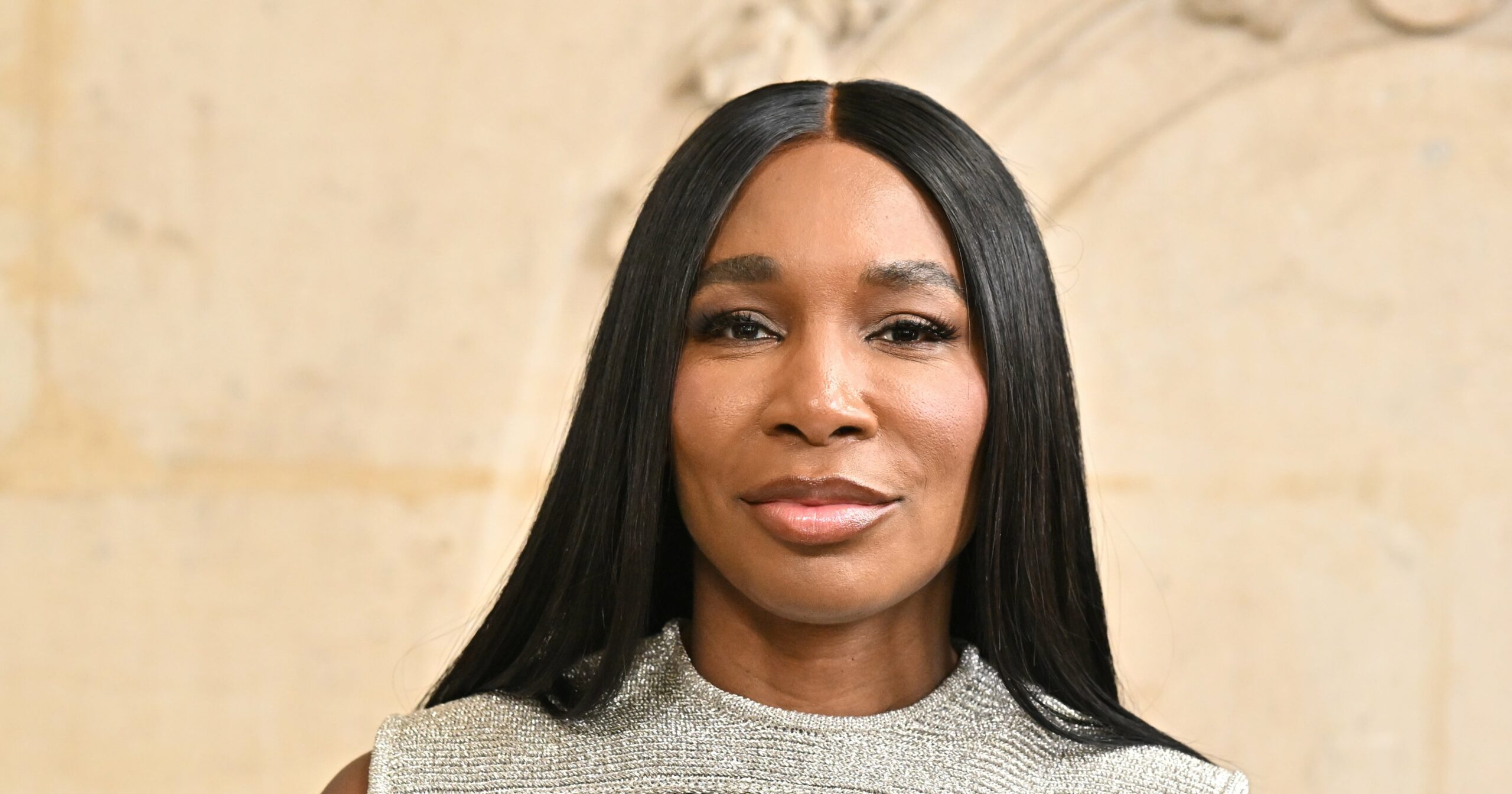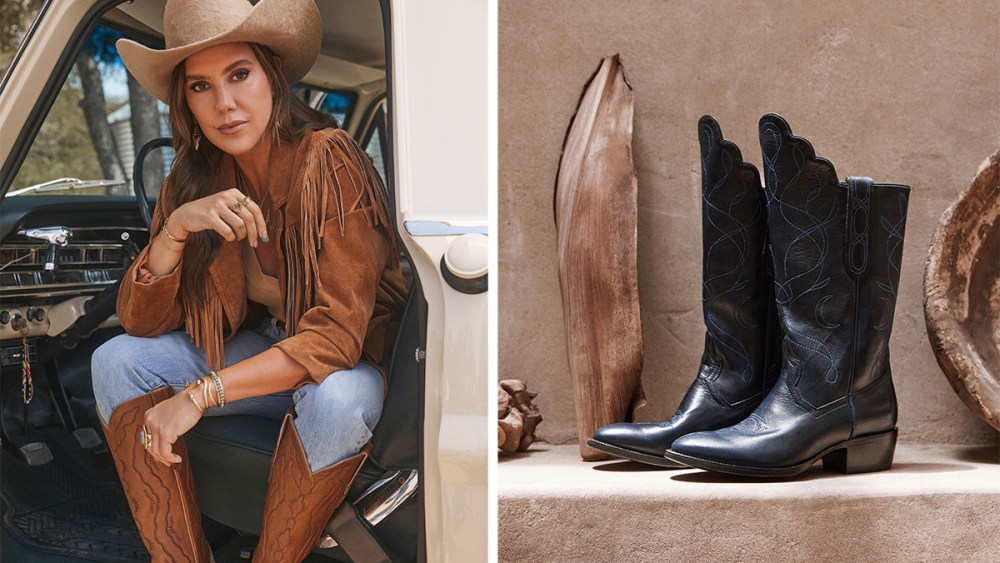Money talk used to make Venus Williams squirm. Yes, that Venus Williams: the tennis legend whose net worth is approaching $100 million. Who fought for equal prize money at Wimbledon and in 2007 became the first woman awarded it. That Venus Williams also grew up in a household where money talk was taboo. And while her history-making 2007 Wimbledon win was a masterclass in money transparency, it was actually a different day in her 20s that she recalls taught her the value of personal financial advocacy.
“I grew up old school, being told you’re not supposed to talk about money, that it’s rude,” she tells PS in a recent phone call. But a pride-wounding shopping trip in Italy made her reconsider. She was admiring some fabrics but didn’t want to seem cheap by asking about the price, when an Italian-speaking friend overheard the shopkeepers discussing a plan to rip Williams off. From that point forward, she knew she had no choice but to stick up for her own wallet.
“It was this wake up call, after that I was completely changed,” she says. “You have to not only ask for the price, but also a discount. It’s my money, it’s how I want to spend it. It doesn’t matter if I seem like Ebenezer Scrooge. I have to talk about it.”
This month, to honor the 50th anniversary of the passage of the Equal Credit Opportunity Act, Williams partnered with SoFi for the “Give Her Credit” campaign, which is aiming to level “the financial playing field for women” (who in 2023 were still paid on average 22 percent less than men) by awarding cash prizes of up to $10,000 each.
Reflecting on the passage of the ECOA, which for the first time codified a woman’s right to take out credit cards and loans in her own name without a male co-signer, Williams thinks of her own mother. “Imagine as a woman not being able to access credit. These are rights my mom didn’t have when she was growing up, which is crazy,” she says.
The ECOA changed that, but gross pay disparity persisted, and remains as relevant today as it was then. In 2009, two years after Williams successfully lobbied for equal prize money at Wimbledon, the Lilly Ledbetter Fair Pay Act (named after the activist who died last week) was passed. Even then, pay disparity persisted. In this decade, more generations of athletes like soccer star Megan Rapinoe and the WNBA’s Cameron Brink, another SoFi partner, have taken up the demands for the fair treatment they are still denied, even within an industry that’s investing more heavily in women’s leagues and teams than ever in its history. And according to SoFi’s latest study on women’s attitudes about finance, only 54 percent of women feel “better equipped to manage finances than women in previous generations.”
Still, people in power are slowly catching on to “the power of investing in women,” Williams says. “It’s the right thing to do and it’s long past due.” That pay equity and women’s financial independence continue to be “real topics” today is “shocking” to Williams, whose interest in financial wellness – especially for women, people of color, and other demographics that have traditionally been marginalized by financial institutions – has grown into a serious passion.
Wherever she goes, she carries with her a litany of practical, down-to-earth money lessons, including one she learned from her mother: never live beyond your means. “It just creates stress and pressure, and no one needs that,” she says.
But don’t let that fool you into thinking Williams doesn’t splurge just like the rest of us. She loves jewelry and clothes (so much so that she’s issued herself a temporary shopping ban on all non-essential items) and she’ll spare no expense when it comes to Harry, her 17-year-old havanese. “If he even looks the wrong way, I take him to the doctor, it’s such a joke,” she says. “I’m such a crazy dog mom.”
Another of her lessons is that not all debt is bad debt. At least that’s what Williams learned when she took a real estate course a few years back that rattled her understanding of money management like coins in a piggy bank.
“In those real estate development classes I started to realize debt is a great thing” – counter to the typical debt narrative that pushes shame and failure. People of color in particular, she says, aren’t often taught how to use debt as a tool, and grow up believing that the “right” way to spend their money is to own as much as they can. But she learned that, under the right circumstances, debt can create opportunities to actually build wealth. “You can leverage debt or borrow against your account and I just didn’t understand the opportunities before that.”
So few women and people of color are taught that their money should be working for them, she says. She didn’t even learn that until much later in life than she would have liked. “We understand you invest in the market, or traditionally we’re taught to have a savings or checking account with a little bit of interest, but we’re not taught the bigger opportunities to leverage for ownership or investment,” she says.
Talking with Williams about money, it’s clear that the cash is really just a backdrop, and what we’re actually talking about is knowing your self-worth – even, and especially, when institutions don’t acknowledge it. Learning to advocate for your money is really the same as demanding respect for yourself.
“If you don’t know your worth, just pretend you do, and you’ll be surprised by how you feel,” she says with a laugh. Lucky for Williams, though, her worth was never in question. “Maybe my parents didn’t teach me the power of debt, but they did teach me the power of who I am, and that I should never settle for less,” she says. “I was always taught to know my worth.”
Emma Glassman-Hughes is the associate editor at PS Balance. Before joining PS, her freelance and staff reporting roles spanned the lifestyle spectrum; she covered arts and culture for The Boston Globe, sex and relationships for Cosmopolitan, travel for Here Magazine, and food, climate, and agriculture for Ambrook Research.




